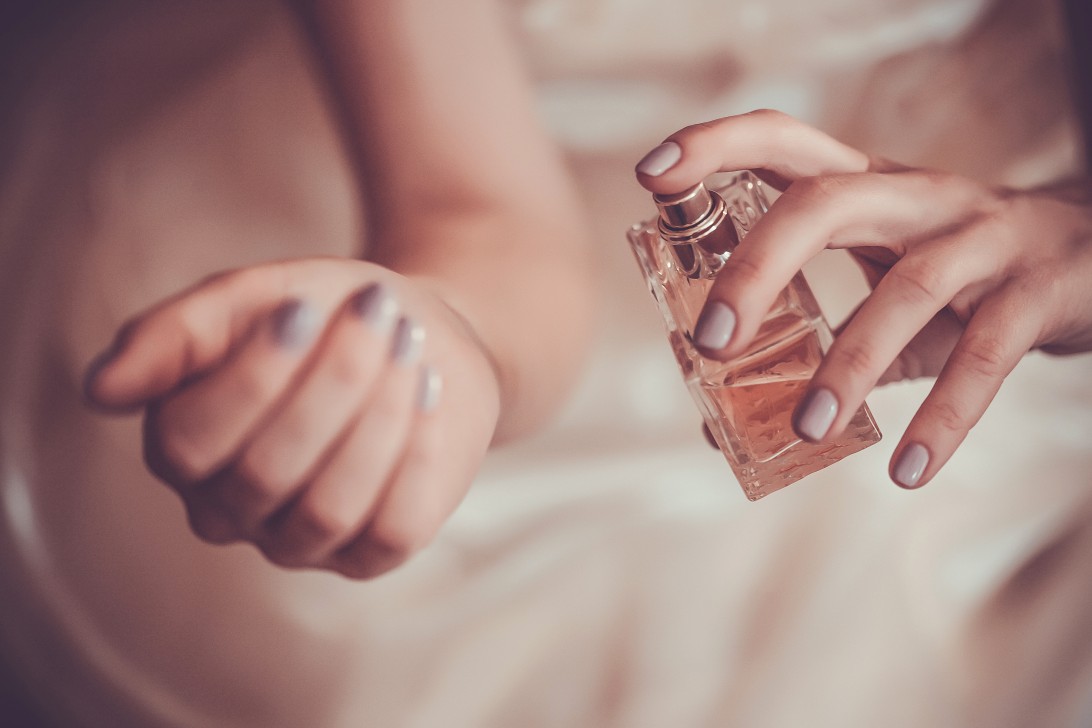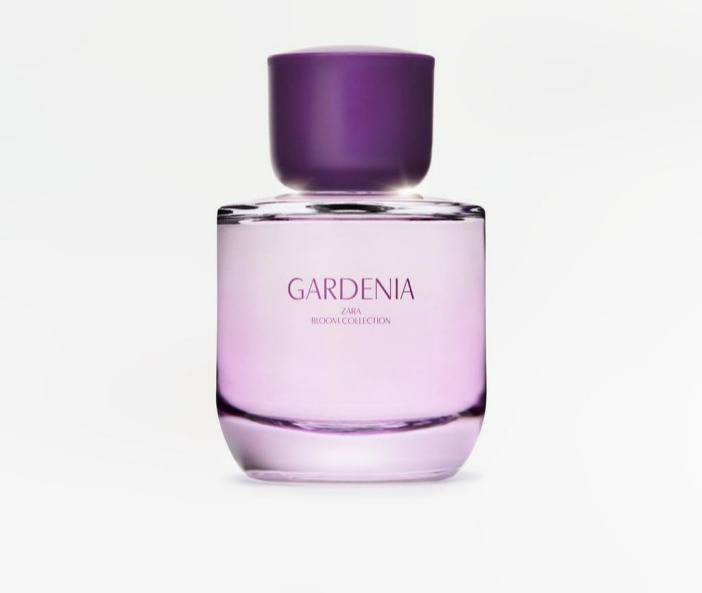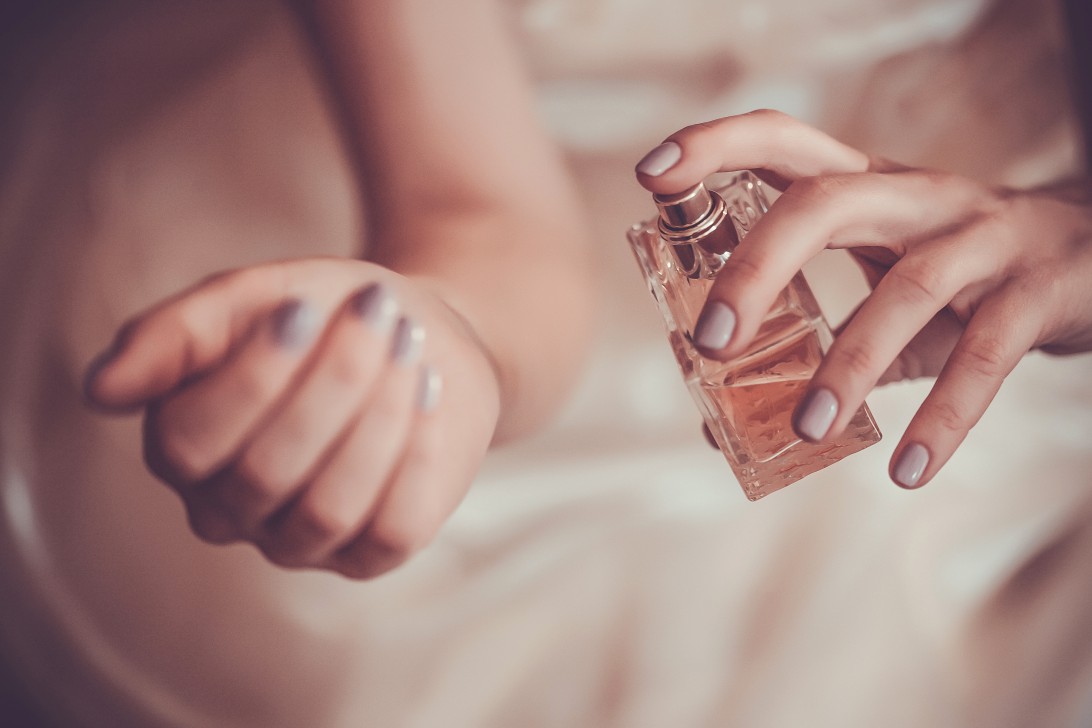
Listen. I have a confession. I've spent an embarrassing amount of money on designer perfumes over the years. Like, we're talking "could have made a car payment instead" levels of financial irresponsibility. My bathroom shelf looks like a mini Sephora, and my bank account has been giving me the silent treatment.
But last weekend changed everything.
I wandered into Zara (originally just for a new blazer, I swear) and stumbled across their perfume section. That's when I spotted it - a small bottle that looked suspiciously familiar to my beloved YSL Black Opium that had just run out. The price tag? £15.99. I literally did a double-take so dramatic that the woman next to me asked if I was okay.
The "Is This Actually Legal?" Price Difference
Zara's Gardenia perfume costs £15.99 for a 90ml bottle. Black Opium? A wallet-crushing £130 for the same size. That's a £114 difference, people! I could buy SEVEN bottles of the Zara version for less than one YSL bottle and still have enough left over for lunch.

I sprayed some on my wrist, fully expecting to be disappointed. Ten minutes later, I was still sniffing my arm like a weirdo in the fitting room. The orange blossom and coffee notes were giving me serious Black Opium vibes. Not identical (duh), but close enough that nobody except perhaps a professional perfumer would notice the difference.
God. I bought two bottles on the spot.
My Coworker Thought I Was Wearing the Expensive Stuff
The real test came Monday morning. Sarah (my coworker who always comments on fragrances) leaned over during our morning meeting and whispered, "Is that Black Opium? Smells amazing on you."
I felt stupid smug. Like I'd pulled off some kind of perfume heist.

"Nope," I replied. "It's Zara. Sixteen quid."
Her response: "Bull. SHIT." Then she immediately ordered some online while we were supposed to be discussing quarterly targets.
The Rabbit Hole of Dupes I Fell Down
After that victory, I went back and tried ALL the Zara perfumes that beauty bloggers claim are dupes for expensive brands. Because apparently I have nothing better to do with my time than become a discount perfume detective.
Red Vanilla (£15.99) is supposedly a dupe for Lancome's La Vie Est Belle (£127). Wore it to dinner with my boyfriend who said I smelled "fancy" - this from a man who once described a $200 wine as "grape-y."
Ebony Wood (£29.99) compared to Jo Malone's Wood Sage and Sea Salt (£105) was... pretty damn close. Not quite as long-lasting, but for teh price difference, I can just respray at lunch.
Cherry Smoothie might be my favorite find. £12.99 versus Tom Ford's Lost Cherry at £153. That's not a typo. The Tom Ford costs TWELVE TIMES more for the same 30ml. The Zara version has that same delicious cherry-almond vibe without the "I just spent my grocery budget on perfume" guilt.
The Crown Jewel: Red Temptation
Back in 2021, a friend let me sample her Baccarat Rouge 540 and I nearly died when she told me it cost £245. I've wanted it ever since but could never justify the price.
Zara's Red Temptation (£22.99) has the same saffron-jasmine-amber DNA that makes Baccarat so addictive. Is it exactly the same? No. Does it scratch the same olfactory itch for less than a tenth of the price? Absolutely.
I wore it to my sister's engagement party and received three compliments. One person even asked if it was "that really expensive one everyone talks about on TikTok."
Why Are We Still Paying Designer Prices?
After spending about £100 total on five different Zara perfumes (still less than ONE bottle of most designer scents), I've been wondering why we continue this madness.
Sure, the designer bottles look prettier on your vanity. Adn yes, some of the originals have slightly better longevity. But is that really worth the extra £100+?
The perfume industry has a 90% markup. NINETY PERCENT. That's not me being dramatic - that's an actual statistic I found while going down a 2AM Google rabbit hole about perfume manufacturing costs.
I'm not saying throw away all your fancy perfumes. I still have my special occasion bottles. But for everyday use? I'm a Zara convert.
The "But Will People Judge Me?" Question
Let's be honest - there's something about saying "it's YSL" that feels better than "it's Zara." We're all susceptible to brand snobbery.
But here's what I've learned after my two-week experiment: absolutely nobody can tell the difference once it's on your skin. Not a single person.
And if someone does somehow identify that you're wearing a dupe rather than the original? They're either working in the perfume industry or they're so obsessed with status that their opinion doesn't matter anyway.
My advice? Keep the fancy bottles for special occasions and use these dupes for everyday. Your bank account will thank you, and you'll still smell expensive as hell.
Frequently Asked Questions
What is the importance of financial literacy?
Financial literacy is essential for making informed decisions about budgeting, saving, investing, and managing debt. It empowers individuals to understand financial concepts, evaluate risks, and navigate complex financial products, leading to better financial stability and long-term wealth building.
What are the benefits of having an emergency fund?
An emergency fund provides financial security by offering a safety net for unexpected expenses, such as medical emergencies or job loss. It helps prevent debt accumulation, reduces stress, and allows for better financial planning, ensuring that individuals can navigate unforeseen circumstances without significant hardship.
How can I budget my money effectively?
To budget effectively, start by tracking your income and expenses to understand your spending habits. Set realistic financial goals, categorize your expenses, and allocate funds accordingly. Regularly review and adjust your budget to ensure it reflects your current financial situation and objectives.
How does inflation affect the value of money?
Inflation refers to the general rise in prices over time, which erodes the purchasing power of money. As inflation increases, each unit of currency buys fewer goods and services, meaning that the value of money decreases in terms of what it can purchase.
What are the different types of money?
The main types of money include commodity money, which is based on physical goods like gold or silver; fiat money, which is government-issued currency not backed by a physical commodity; and digital currency, which exists electronically and is often decentralized, such as cryptocurrencies.
How can I improve my credit score?
To improve your credit score, make timely payments on all debts, reduce credit card balances, avoid opening unnecessary credit accounts, and regularly check your credit report for errors, disputing any inaccuracies. Maintaining a mix of credit types and keeping old accounts open can also be beneficial.
What are the risks associated with investing in the stock market?
Investing in the stock market involves several risks, including market volatility, economic downturns, and company-specific factors that can lead to losses. Investors may also face liquidity risk, where they cannot sell an investment quickly without incurring a loss. Diversification and thorough research can help mitigate these risks.
Statistics
- A study by the National Endowment for Financial Education found that 60% of Americans do not have a budget.
- The average return on investment for the S&P 500 over the past 90 years is about 10% per annum.
- According to the Federal Reserve, approximately 39% of Americans do not have enough savings to cover a $400 emergency expense.
- According to the World Bank, around 1.7 billion adults worldwide remain unbanked, lacking access to basic financial services.
- As of 2021, the median household income in the U.S. was approximately $67,521, according to the U.S. Census Bureau.
- As of 2021, the average student loan debt for recent graduates was approximately $30,000, according to the Federal Reserve.
- Research by the National Bureau of Economic Research found that individuals who receive financial education are 25% more likely to save than those who do not.
- A report by Bankrate indicated that only 29% of Americans have a written financial plan.
External Links
How To
How To Build an Emergency Fund Effectively
Building an emergency fund is essential for financial security. Start by determining how much you need; a common recommendation is to save three to six months' worth of living expenses. Open a separate savings account to keep your emergency funds easily accessible but separate from your regular spending. Automate your savings by setting up a monthly transfer from your checking to your emergency fund. Initially, focus on small, manageable contributions, gradually increasing them as your budget allows. Avoid using this fund for non-emergencies, and replenish it after any withdrawals to maintain your financial safety net.
 PoliticsRoyaltySoap OperaGamingMoneyPrivacy PolicyTerms And Conditions
PoliticsRoyaltySoap OperaGamingMoneyPrivacy PolicyTerms And Conditions
